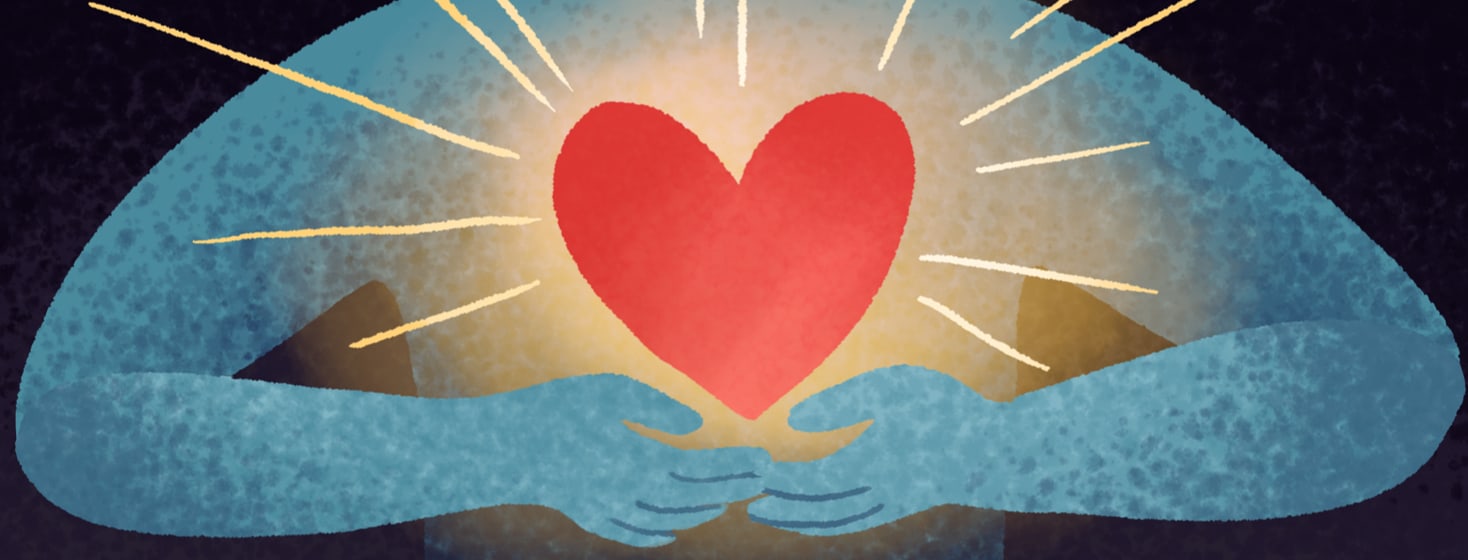After the Hospital Stay
Going through the mind wars of a wide range of symptoms are intense, uncomfortable, and chaotic. I've endured a lot. My last hospital stay was in 2023.
Hospital stays are helpful, however, pressing forward after the crisis and hospitalization requires support and routine.
What should I do after being inpatient?
I called my care after the hospitalization my "home treatment program." I participated in counseling that was weekly. We explored various coping strategies to help me recuperate.
I also leaned on self-care rituals to persevere. I'll share my coping tools with you, and you take whatever resonates.
After a schizophrenia hospitalization
On top of my medication regimen and staying connected with loved ones, I practiced several approaches to restoring wellness.
Here are 5 things you might consider doing for your self-care routine, especially during your recuperation phase after hospitalization.
5 coping tools
1. Get adequate sleep
I believe restful sleep is pertinent to getting back into your rhythm. Being symptomatic was tiresome for me. I remember being exhausted and sleeping a lot to reset my mind.
I'd go to bed earlier in order to get plenty of rest – 10 to 12 hours of sleep. I took naps daily, sometimes twice a day to regain energy and focus. Having a sleep routine also helps me manage nighttime medication regimens and programs my mind to relax. I learned the importance of getting adequate rest to gradually regain my stamina.
2. Recite affirmations
Negative self-talk can dominate my energy whenever I'm going through rough times. Over the years, I've discovered the power of affirmations.
In fact, I lean on affirmations to give myself a boost throughout the day. I'll do them before I dive into projects. Or I'll start my day with them because they can redirect my energy and be uplifting, allowing me to take action and control of my spirit.
I've created my own affirmations. I might say something like, "You are important, you have purpose, you're doing the best you can with what you have. You can do this!" If you haven't tried this, I challenge you to repeat some and feel the negativity leave your body.
3. Keep it moving with exercise
I enjoy taking long walks because they can provide me with clarity and help me generate productive ideas.
I can think over strategies for coping with difficult situations or I can contemplate how I want to approach a project. My walks are like my transition from one task to the next. This low-impact exercise isn't strenuous for me and helps me create energy to concentrate.
Exercise obviously has physical benefits, too, and has been known to help people sleep better. I've also learned how to get creative with exercising – like doing yard work and chair exercises with canned foods at home, as opposed to going to the gym.
4. Journal
Still, self-expression and reflection through journaling helps me press forward through my treatment after a hospitalization for schizophrenia. Plus, keeping a journal is a great way to record events, moods, and progress.
I've also shared my journal in sessions with my therapist which was helpful. Although this may be challenging if you aren't used to writing, it might help just to process your day. For example, "Today I plan on doing these things..." Or, "Today was a good day because..." Or if writing isn't your thing, consider recording yourself.
Again, journaling is a great way to track moods, to record good days versus bad days, and to reflect.
5. Staying healthy with schizophrenia
Eating right and getting all of my vitamins is always important, especially when I'm recovering. After a hospitalization is an especially important time to take care of our brains and bodies.
I've tried B12, vitamin D3, and fish oil in terms of vitamins and supplments that have helped boost my energy levels and contribute to my wellness. Of course, they are supplements and are not there to replace my medication.
This or That
What do you find harder to manage?
My "home treatment program" after a hospital stay
Having all of these elements as part of my routine helped me regroup after the hospital stay. I believe these things coupled with medication management and therapy has helped me restore balance.
These practices helped me stay on track to feeling better about myself emotionally, mentally, and physically after being hospitalized. I encourage you to try those things that work for you and to suggest them to your caregiver, loved ones, and others to practice healthy lifestyle habits to control stress, boost energy, and help regain focus.
